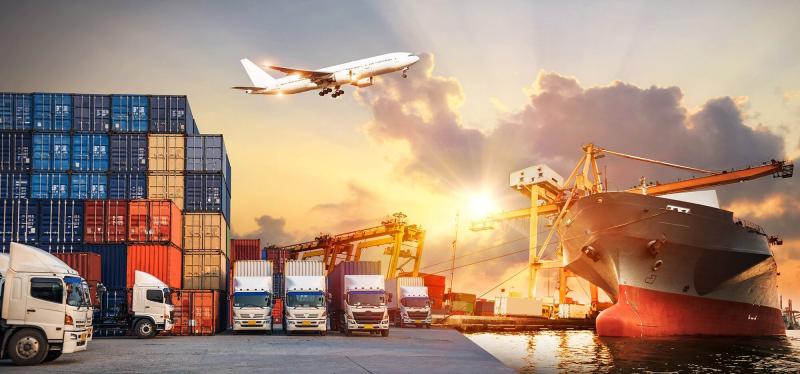Introduction
The logistics industry continues to evolve as trade patterns shift, technology makes it easier for companies to do business globally, and consumers have a greater variety of products available to them. Forwarders are taking on new responsibilities as they help their customers navigate these changes.
Logistics insights and strategies for global marketplaces
Global marketplace platforms like Amazon and Alibaba have revolutionized the way goods are sold and distributed. In addition to driving growth in cross-border ecommerce, these marketplaces have created significant changes in the logistics industry. Forwarders must now take on new responsibilities such as warehousing, fulfillment and returns management–while still providing reliable transport services for their customers’ shipments.
In order to meet these challenges head-on, forwarders are turning to technology for assistance:
- Global software providers that offer solutions for ecommerce shipping management (ESM) can help forwarders automate processes such as order management; order tracking; inventory management; customs clearance documentation generation; packing lists creation/inputting data into online ordering systems; etcetera.
- Cloud computing enables companies using it to access their data from anywhere while also eliminating hardware costs associated with operating an internal server farm or data center infrastructure at each location in which they operate globally
Global logistics strategies and trends
In recent years, global logistics strategies and trends have changed significantly. The ecommerce marketplace has driven a need for increased supply chain visibility, while the growth of international trade has created new opportunities for forwarders to expand their services. The following sections will explore these changes in more detail.
How forwarders are approaching the ecommerce marketplace and what they’re doing differently
Forwarders are using technology to help with the changes.
Forwarders are taking on new responsibilities and roles in the ecommerce marketplace. For example, they’re collecting data from multiple sources, including customers, carriers and third-party logistics providers (3PLs). They then use this information to make decisions that affect their operations and customer service. In addition to improving their own processes and efficiency levels through automation tools like software-as-a-service (SaaS), they also provide these services directly to their customers so they can focus on what matters most: providing value across all channels of distribution while keeping costs low enough for everyone involved in global trade today–including consumers who want access to products at a fair price but don’t always know what “fair” means when it comes down
Forwarders are taking on new responsibilities and using technology to help with these changes.
As forwarders take on more responsibility, they are also using technology to help with these changes.
One example is the use of blockchain technology in freight forwarder international. Blockchain is a decentralized digital ledger that records transactions across many computers at once, eliminating the need for a central authority like a bank or government agency. This makes it difficult for hackers to access sensitive data because they would have to break into each individual computer rather than gaining access through one central server or database (Blockchain: What Is It and How Does It Work?).
Blockchain has been used in other industries such as finance and real estate but has recently been applied within logistics as well. For example, IBM launched TradeLens–a blockchain-based platform designed specifically for trade operations–in October 2018 after partnering with Maersk Line Limited (The World’s Biggest Container Shipping Company). By integrating its ocean carrier network onto this platform, IBM hopes companies will be able to track their shipments from origin point all the way through delivery at destination more efficiently than ever before (Blockchain Technology: 5 Ways It Could Be Used In Supply Chain Management).
Conclusion
Globalization has revolutionized the way we do business, and forwarders are at the forefront of this change. As ecommerce continues to grow and expand into new markets, forwarders will need to adapt their services and technology to meet these demands. By understanding how logistics work in different countries around the world, forwarders can better serve their clients’ needs as well as their own–and that means more profit for everyone involved.
To also know about international air freight forwarders come and visit our website : https://excelsior.ph/





